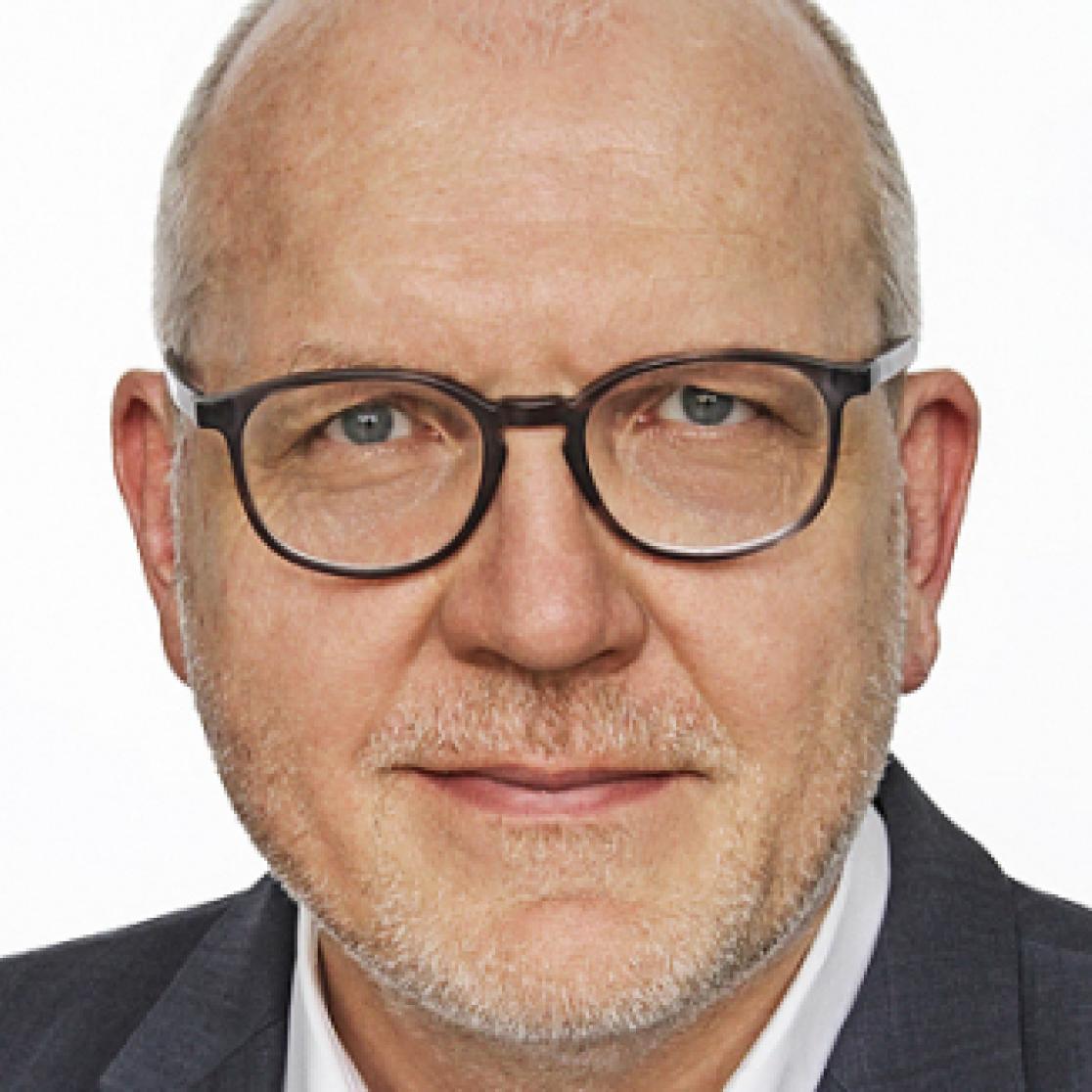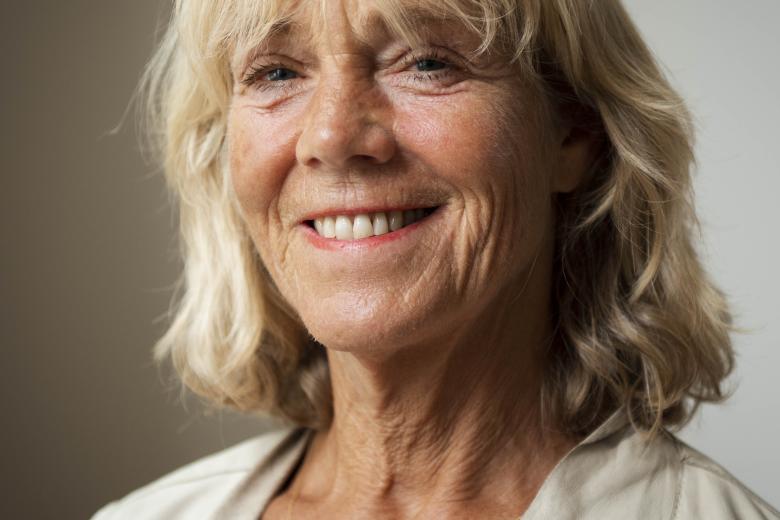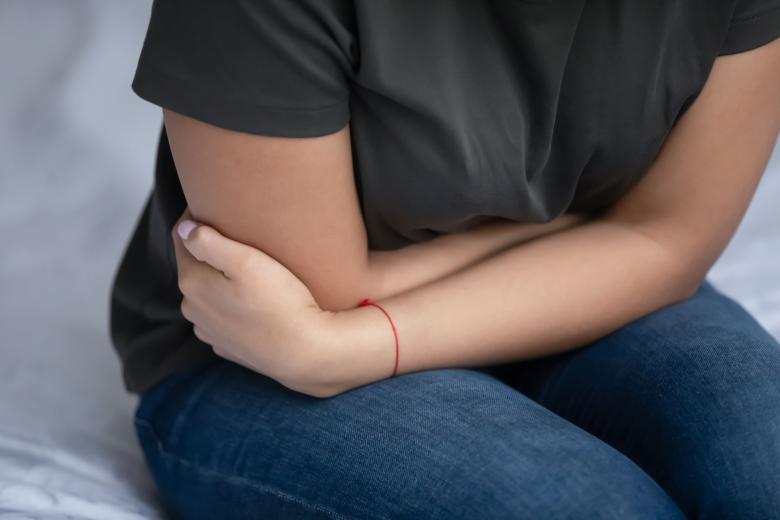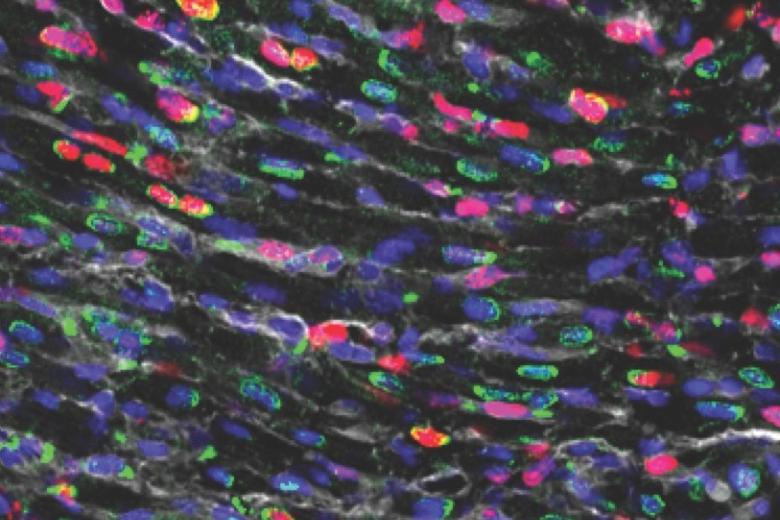New European project aims to think outside the box when it comes to medicine
The European Commission has awarded €23 million to set up a new platform for drug repurposing: the use of existing drugs in diseases other than those for which they were originally developed. In the next seven years UM will develop the platform REPO4EU (precision drug REPurpOsing for Europe) together with various international partners. A congress in Maastricht held on 2-3 September kicked off the project.
Over the next seven years, 28 partners from 10 countries (the Netherlands, Germany, Austria, Spain, Sweden, Romania, Belgium, Portugal, Switzerland and the United States) will join forces to create a unique platform for drug repurposing. The ultimate goal of REPO4EU is to build an online information source for the repurposing of medicines.
Drug repurposing
The idea of drug repurposing is quite simple:
“If we can understand the underlying mechanisms of a specific disease for which we have a drug, then we can also reuse that drug for another disease that shares these mechanisms”

This says Harald Schmidt, professor of pharmacology at UM and coordinator of the project. Only this does not happen yet.
According to the researchers, this is mainly due to the way we define diseases and approach drug development. Most underlying disease mechanisms are not understood and are therefore treated more as symptoms. When someone has intestinal problems, they visit a gastrointestinal specialist. The doctor then prescribes medication for the specific complaint. But how does the specialist know whether the problems are related to other clinical disciplines and whether another medicine might work better?
Systems Medicine
At the basis of REPO4EU is the belief in systems medicine. This is a fairly new approach to medicine, in which the underlying molecular or genetic causes, rather than the symptoms of diseases, take centre stage. Systems medicine is a counterpoint to the 19th-century view of medicine in which syndromes were classified according to symptoms, and the human body was divided into clinical disciplines. By focusing on causes, it is easier to see where similarities lie between different diseases. It may well be that one medicine can be used to treat several diseases, or that doctors need to work together in a multidisciplinary team to treat certain diseases.
Expected results
Besides improved and integrated treatment of diseases, there are more advantages to using existing medicines. It is expected that the development time of medicines will decrease. Also, existing medicines can be approved more quickly than new medicines. This will save costs and speed up the development of treatments for currently chronic illnesses.
Also read
-
Menstruation is still a taboo in the workplace
In honour of the presentation of the VNVA Els Borst Prize for her oeuvre, Prof Marlies Bongers is organising the symposium "menstruation in RED on the agenda" on 1 October.
-
Repeat miscarriages: does the immune system play a role?
In women trying to conceive, 1-3% experience repeated miscarriages. For more than 50% of these women, a cause for the miscarriages has yet to be found. New research from Maastricht University (UM) and the Maastricht University Medical Centre+ (MUMC+) shows that the immune system’s Natural Killer (NK)...
-
Tinkering with microRNAs helps heart cells regenerate
Scientists and cardiologists have known for decades that once a piece of heart muscle has died, for example due to a heart attack, it will never grow back. However, a research group from Maastricht University led by Professor Leon de Windt has now shown that by tinkering with microRNAs, heart muscle...